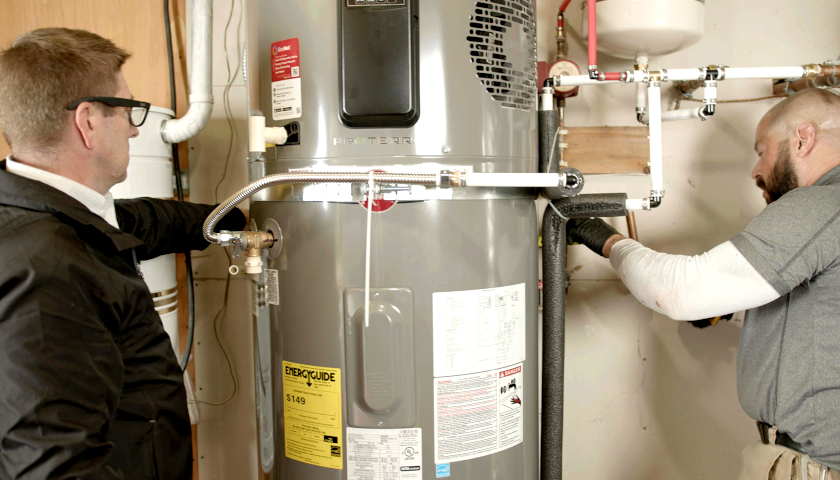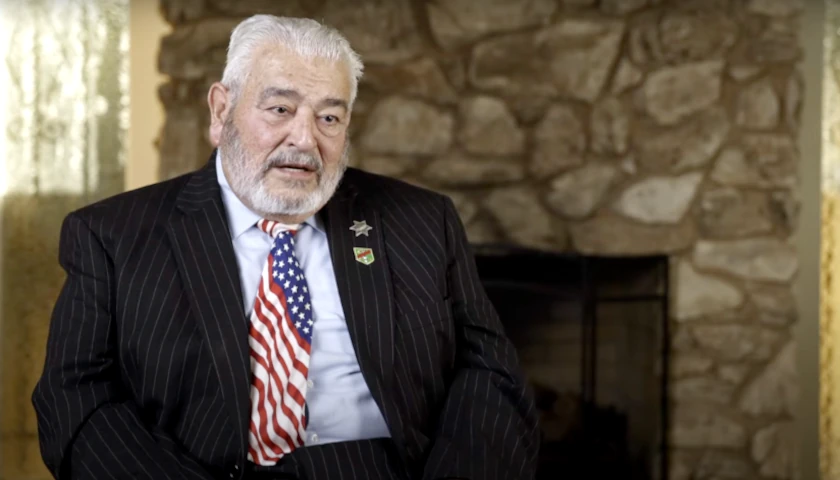by Christian Wade
Connecticut is receiving $5 million in federal grants to expand high-speed internet service, and fill gaps in coverage in low-income communities.
The money, provided through the U.S. Department of Commerce’s Internet for All initiative, includes a $4.2 million Broadband Equity, Access, and Deployment grant and a $736,568 Digital Equity grant.
Gov. Ned Lamont called the funding “seed money” for a larger effort to expand broadband, with more than $100 million in federal dollars coming to the state over the next several years.
“Access to fast, reliable internet has become a requirement in modern life, and we are working hard to expand access so that no one gets left behind as we transition toward this increasingly digital future,” Lamont said in a statement.
Money for the efforts come from the state’s share of the Bipartisan Infrastructure Law, which includes $65 billion to expand affordable and reliable high-speed internet access in communities across the nation.
Katie Dykes, commissioner of the state Department of Energy and Environmental Protection, said in Connecticut the grant funding will be devoted to ensuring “equitable access” to broadband services throughout the state.
“Broadband connectivity is essential to living in today’s digital world,” she said. “These programs will provide lasting solutions for the communities they serve, enabling all those who live, learn, and work in the state to access the economic and social benefits of affordable, high-speed internet.”
Despite the concerns, Connecticut is ranked second in the nation for the most high-speed internet speed, coverage and availability, according to BroadbandNow Research.
The research group says more than 99.4% of the state’s households are able to purchase a high speed internet plan, but notes affordability issues with nearly eight out of 10 residents are unable to purchase broadband for $60 a month or less.
There also appears to be plenty of competition in the state for broadband, with at least 83 internet service providers licensed by the state to provide wireless access to customers, the group says.
But state officials point out there are still barriers to high-speed coverage, particularly in low-income and minority communities that struggle with costs and other factors.
– – –
Christian Wade is a contributor to The Center Square.





